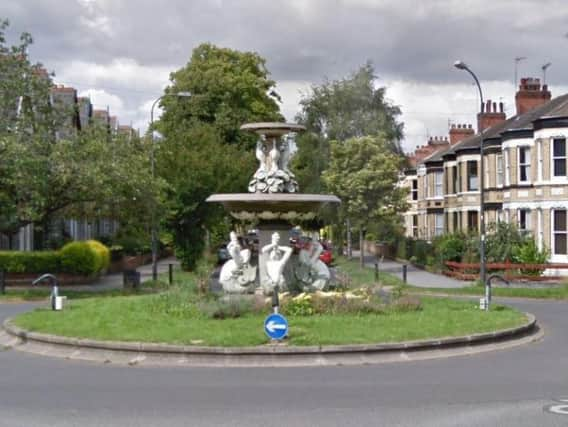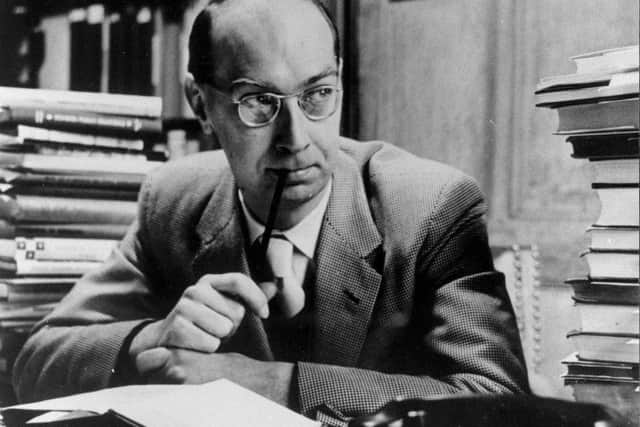Philip Larkin-inspired Victorian fountain to be reinstated 100 years after cars forced it off the road


The fountain on Victoria Avenue in Hull was taken down in 1927, along with two others, because it was considered a risk to traffic.
Over the last decade campaigners have raised £51,000 towards a 13ft replacement at the junction between Victoria Avenue and Salisbury Street.
Advertisement
Hide AdAdvertisement
Hide AdInspiration originally came from Philip Larkin’s poem Water. His publisher, the late Jean Hartley, lived on Victoria Avenue and she was very keen on having a water feature for the poet, somewhere in Hull.


The fund started on donations made at the memorial service to Mrs Hartley who died in 2011.
If planning permission is granted, the organisers will launch a crowdfunding campaign for the £76,000 they still need to make it a reality.
The fountain, which will have four fish at the base spouting water, will stand in a pool and include an inscription from the poem which reads: “If I were called to construct a religion I should make use of Water.”
Advertisement
Hide AdAdvertisement
Hide AdHilary Byers, who put in the application, said: “When we did a survey of residents around here we had over 90 per cent saying they supported the idea and people were keen to see it sooner rather than later.
“We are really pleased we have found (Lancashire restorers) Lost Art to do it in cast iron within a reasonable budget, which is what we are now aiming for.”
Larkin who lived at nearby Pearson Park for 18 years wrote some of his most famous poetry there including The Whitsun Weddings.